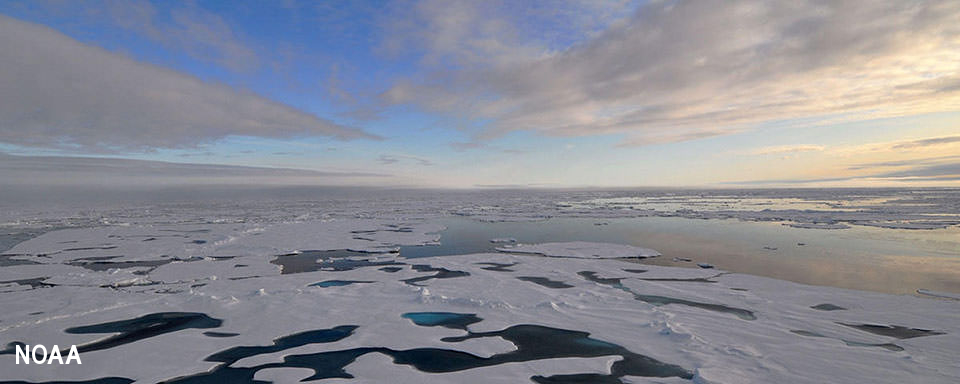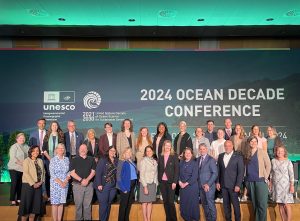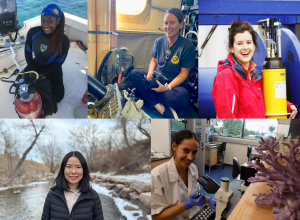
2024 Antarctic ozone hole ranks 7th-smallest since recovery began
Healing continues in the atmosphere over the Antarctic: A hole that opens annually in the ozone layer over Earth’s southern pole was relatively small in 2024 compared to other years. NOAA and NASA scientists project the ozone layer could fully recover by 2066.











